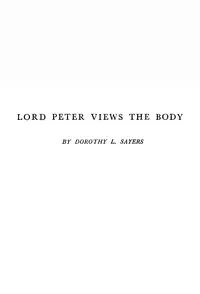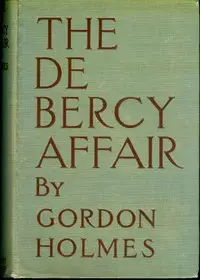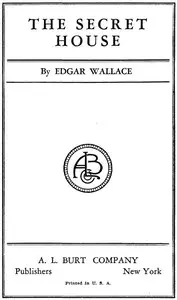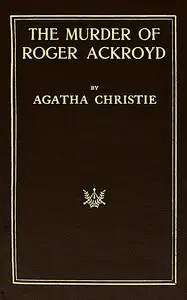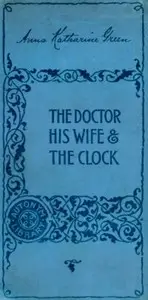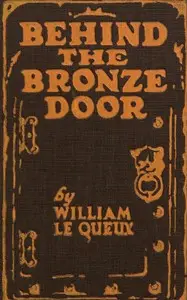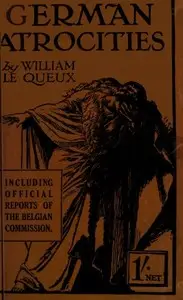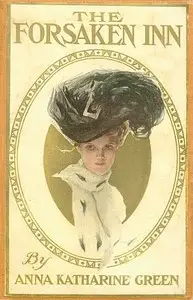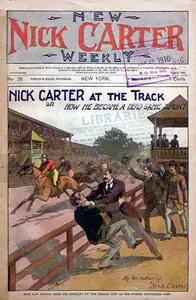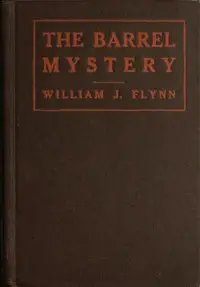"The Doctor of Pimlico: Being the Disclosure of a Great Crime" by William Le Queux is an early 20th-century novel that plunges into a world of intricate relationships, hidden truths, and possible criminal activities. The story introduces Walter Fetherston, a celebrated author shadowed by a puzzling past, and Enid Orlebar, whose captivating beauty has won Fetherston's heart. Shifting from a somber military backdrop, the narrative centers on the dynamic between Fetherston and Enid as they grapple with their unresolved emotions. Fetherston's complicated identity and bond with Enid lead to an intense but uneasy relationship, and sinister events involving Dr. Weirmarsh, who seems to be manipulating people for his mysterious goals, begin to unfold. The initial chapters establish a setting rich with suspense, tenuous relationships, and the impending danger of revealed secrets.

The Doctor of Pimlico: Being the Disclosure of a Great Crime
By William Le Queux
Amidst a web of hidden identities and manipulative schemes, a celebrated author and a captivating woman find their connection tested by looming criminal activities.
Summary
About the AuthorWilliam Tufnell Le Queux was an Anglo-French journalist and writer. He was also a diplomat, a traveller, a flying buff who officiated at the first British air meeting at Doncaster in 1909, and a wireless pioneer who broadcast music from his own station long before radio was generally available; his claims regarding his own abilities and exploits, however, were usually exaggerated. His best-known works are the anti-French and anti-Russian invasion fantasy The Great War in England in 1897 (1894) and the anti-German invasion fantasy The Invasion of 1910 (1906), the latter becoming a bestseller.
William Tufnell Le Queux was an Anglo-French journalist and writer. He was also a diplomat, a traveller, a flying buff who officiated at the first British air meeting at Doncaster in 1909, and a wireless pioneer who broadcast music from his own station long before radio was generally available; his claims regarding his own abilities and exploits, however, were usually exaggerated. His best-known works are the anti-French and anti-Russian invasion fantasy The Great War in England in 1897 (1894) and the anti-German invasion fantasy The Invasion of 1910 (1906), the latter becoming a bestseller.

